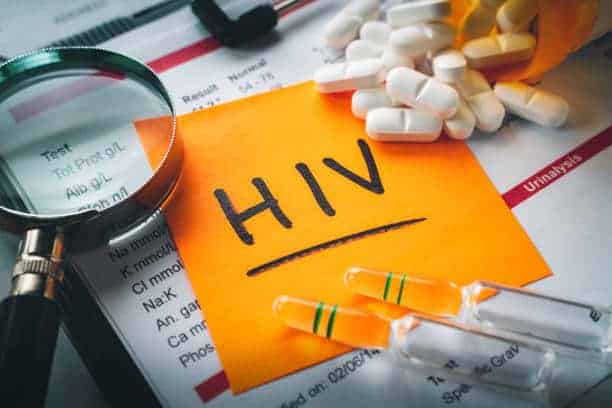South Africa adopts a social impact bond to fund HIV-Aids research, ensuring continued progress despite global funding withdrawals.

South Africa’s HIV-Aids experts have a new funding model to finance HIV-Aids research programmes.
The South African Medical Research Council announced this at the 12th South African Aids Conference that is underway in Kempton Park, Ekurhuleni.
The council’s Tendani Tsedu said the new funding method aimed to address the damage that would be caused by the withdrawal of HIV-Aids global funding by the US President Donald Trump’s administration.
Social impact bond to fund HIV-Aids research
“The model is called the social impact bond,” said Tsedu.
“A social impact bond is an innovative funding mechanism where private or philanthropic investors provide up-front finance to implement an intervention and receive a return on their investment from an outcomes funder – a government department or donor agency – based on the extent to which specified results are achieved.
ALSO READ: Inside SA’s multimillion-rand plan to fill US funding void
“For example, if targets are achieved, then the council will buy those results.
“It makes funding efficient and it focuses on performance because, in most cases, the risk of failure is carried by the investor,” Tsedu said Aids and tuberculosis still pose serious health challenges.
“Drug resistance, gaps in prevention and unequal access to care remain pressing issues.
Funding crucial to protect gains
“Continued funding is crucial to protect our gains, tackle new threats and move closer to ending these epidemics,” said Tsedu.
The conference was a vital platform to showcase and discuss progress in the fight against the virus in line with the UN target to eradicate it in 2030.
ALSO READ: SA’s health recovery underway after deep scars left by Mbeki’s Aids denial
Also to be discussed was a newly discovered way to protect newborn babies from contracting HIV from their mothers.
“The PedMAb1 study, conducted in KwaZulu-Natal, tested two special antibodies designed to block HIV transmission through breast milk.
“Early results show that giving these antibodies to newborns is safe. This opens the door for larger studies to see if this approach could protect babies from HIV infection and help eliminate mother-to-child transmission.”
R14bn of replacement funding
Prof Fareed Abdullah, director of the office of Aids and TB research at the council, said: “With regard to HIV research funding, we had some success as we have worked with partners such as the Gates Foundation, Wellcome Trust, Elma Philanthropies, and they’ve put together about $800 million (about R14 billion) of replacement funding.
“There’s quite a lot of research now on prevention mechanisms, like this new six-monthly injectable called Lenacapivir.
ALSO READ: Water department explains why microplastics, chemicals and ARVs are in South African water
“A lot of that research was done in this country.”
Support Local Journalism
Add The Citizen as a Preferred Source on Google and follow us on Google News to see more of our trusted reporting in Google News and Top Stories.








